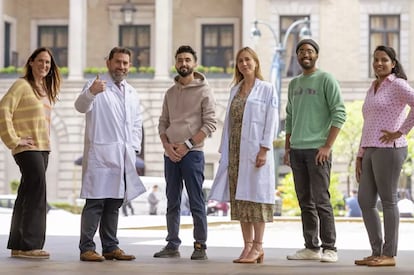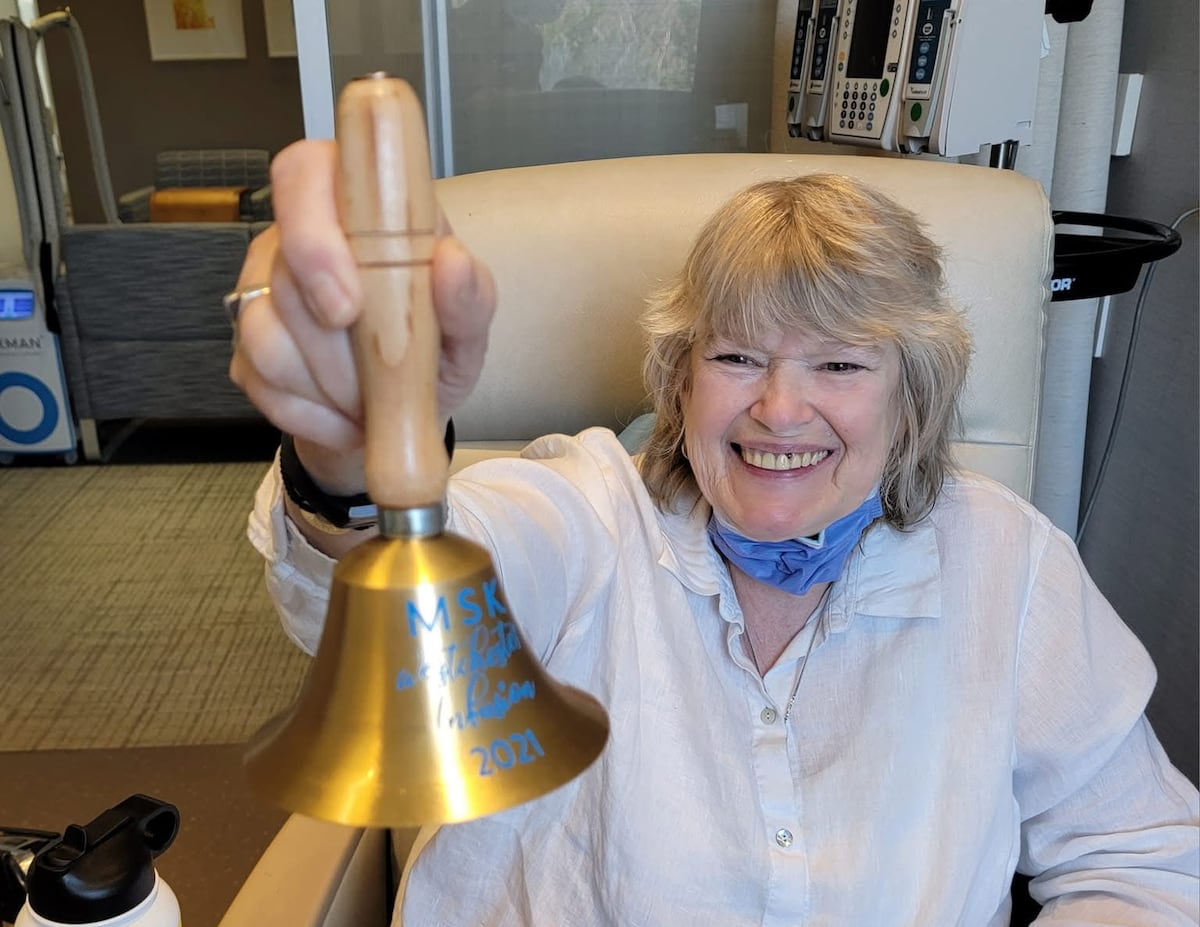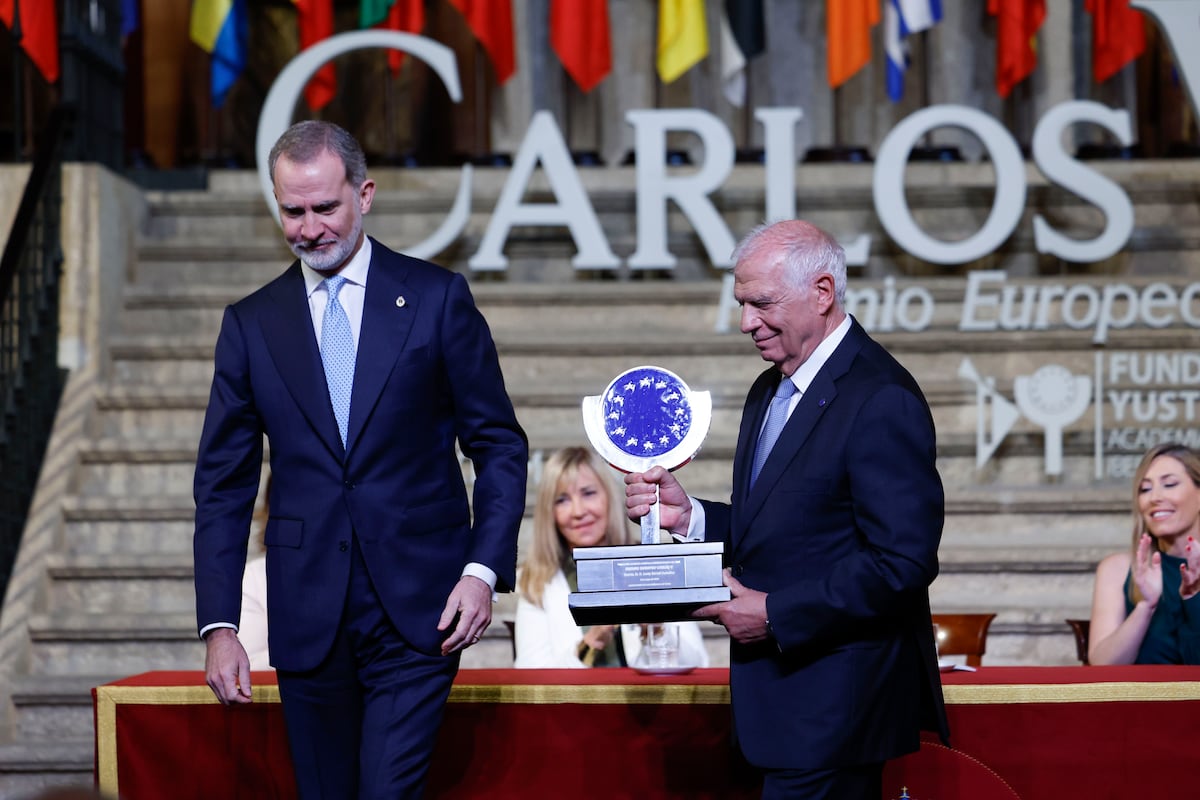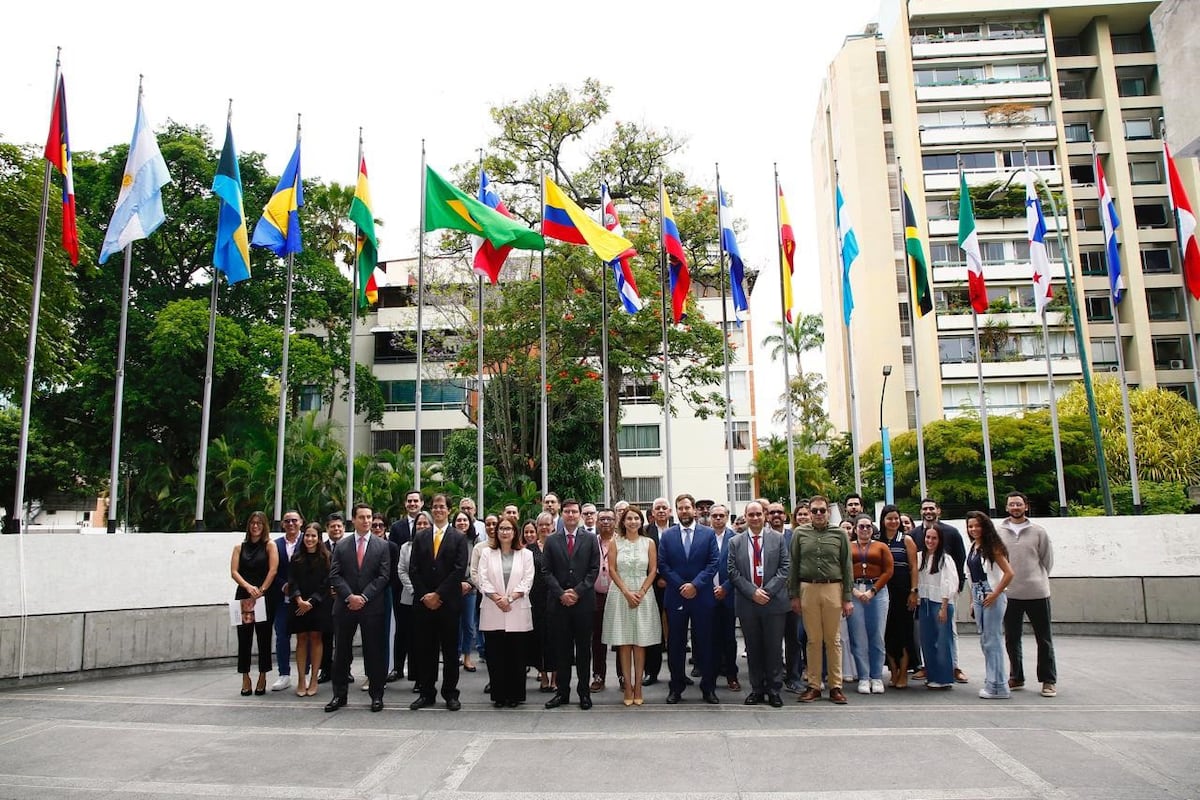A new strategy, which three years ago achieved 100% tumor elimination in a dozen patients with rectal cancer, has now achieved outstanding results in another group with cases of esophageal, stomach, colon, liver, bladder, uterus, and prostate cancer. The treatment, known as immunoablative therapy, has achieved the apparent disappearance of cancer in 80% of 100 participants who share a specific genetic mutation. Oncologist Ana Fernández Montes, who was not involved in this research, considers it “a paradigm shift.” The treatment avoids having to resort to other more aggressive alternatives, such as surgery, radiation, or chemotherapy.
One of the patients, Maureen Sideris, a hyperactive and chatty 71-year-old New Yorker, stops her car to take a phone call from EL PAÍS. Three years ago, she was diagnosed with gastroesophageal cancer and thought she was going to lose her speech, or even her life. Now she’s thriving. Her tumor’s remission is complete, after receiving an intravenous treatment — dostarlimab — every three weeks for six months. The success has spared her from undergoing a risky esophageal operation. “I’m happy because I love to talk,” she jokes. “The cancer has disappeared in my PET images [a medical scan] and biopsies. The doctors are cautious and only talk about remission, but when it’s five years, they’ll use the word cure,” she celebrates, before saying goodbye enthusiastically and getting back on the road. “I feel like I won the lottery,” she exclaims.
Dostarlimab, a drug developed by the U.S. biotechnology company AnaptysBio, is a mouse defensive protein — an antibody — that has been genetically engineered to humanize it. It is produced in Chinese hamster ovary cells. The essence of the treatment is well-known. Japanese scientist Tasuku Honjo made a discovery in 1992 that would save millions of lives. In the human body, he discovered a protein, called PD-1, that acts as a brake on the body’s defenses. By removing this natural blockage, with an antibody called nivolumab, the immune system itself could attack tumor cells with greater ferocity. Honjo won the Nobel Prize in Medicine in 2018, as the father of a disruptive technique for treating cancer: immunotherapy.
The humanized mouse antibody also blocks the activity of the PD-1 protein, which unleashes human defenses, which are what destroy tumor cells. The drug was already approved in 2021 for endometrial cancer, in combination with chemotherapy. A team of researchers at Memorial Sloan Kettering Cancer Center — a private nonprofit organization in New York — made a bold decision: to use only dostarlimab, as soon as possible, to see what would happen.
The scientists selected patients with a specific genetic mutation in their tumors, called mismatch repair deficiency, which is particularly sensitive to PD-1 inhibitors such as dostarlimab. The Sloan Kettering team estimates that 5–10% of rectal tumors and 2–10% of other solid cancers may have this weakness.
Sascha Roth, a 38-year-old woman from Washington with rectal cancer, was the first person to dare to volunteer. Her tumor’s remission was so rapid and astonishing that even her doctors couldn’t believe it, but the same thing happened with the second patient. And the third. On June 5, 2022, scientists announced a “complete response” in the first dozen cases analyzed. The cancer had apparently disappeared, but the authors warned that more time was needed to ensure the tumors didn’t recur.

More than five years after that first volunteer, the researchers, led by oncologists Andrea Cercek and Luis Alberto Díaz, have just published the results of another 100 cases, without metastasis, but locally advanced. In the 49 people with rectal cancer treated, no signs of the disease are now detectable. In another 54 with tumors in other parts of the body — esophagus, stomach, colon, liver, bladder, uterus, and prostate — the results are not as spectacular, but still outstanding. Approximately two out of three have experienced a complete response, meaning that all signs of cancer have vanished. In total, 84 patients have their cancer apparently eliminated, out of a total of 103. In those whose tumor did not disappear, it did shrink.
“These are incredible results,” says Díaz, born in Schenectady, New York, 54 years ago. His Peruvian mother arrived there seven months pregnant. In 2021, then-president Joe Biden appointed him as an advisor on his cancer strategy. Díaz is elated. Those first dozen participants, like Sascha Roth, remain tumor-free. Four of them have been tumor-free for more than five years, so we can now speak of a cure, according to the oncologist.
The therapy isn’t cheap. A single dose sells for more than $5,500, so treating a single patient can cost around $55,000. “In the end, it will be cheaper because you’ll avoid expensive therapies such as chemotherapy, radiotherapy, and surgery,” says Díaz. The British pharmaceutical company that holds the marketing permit for dostarlimab, GlaxoSmithKline, earned around $618 million from sales of the antibody in 2024, thanks to its widespread use against endometrial cancer in the United States.
The new study, published April 27 in the New England Journal of Medicine, has received funding from GlaxoSmithKline itself, but also from the National Cancer Institute and the National Institutes of Health, as well as charities such as Swim Across America, which organizes fundraising swims. Participants in the clinical trial range in age from 26 to 87. The researchers emphasize that more time is needed to confirm the long-term benefit, especially in patients with non-rectal tumors, for whom the average follow-up has been only about 15 months.
Fernández Montes, a member of the board of directors of the Spanish Society of Medical Oncology, applauds the new results. “There are very high clinical responses, with excellent disease control, and people are spared from abdominoperineal amputation of the rectum,” emphasizes the oncologist from the Ourense University Hospital Complex. Díaz coined the term immunoablative therapy “because it means removing the tumor with immunotherapy,” without surgery, radiation, or chemotherapy, thus avoiding very serious adverse effects, such as infertility. Immunoablative therapy sounds “futuristic,” Díaz acknowledges, but so far it has worked in dozens of cases.
Sign up for our weekly newsletter to get more English-language news coverage from EL PAÍS USA Edition







Comentarios